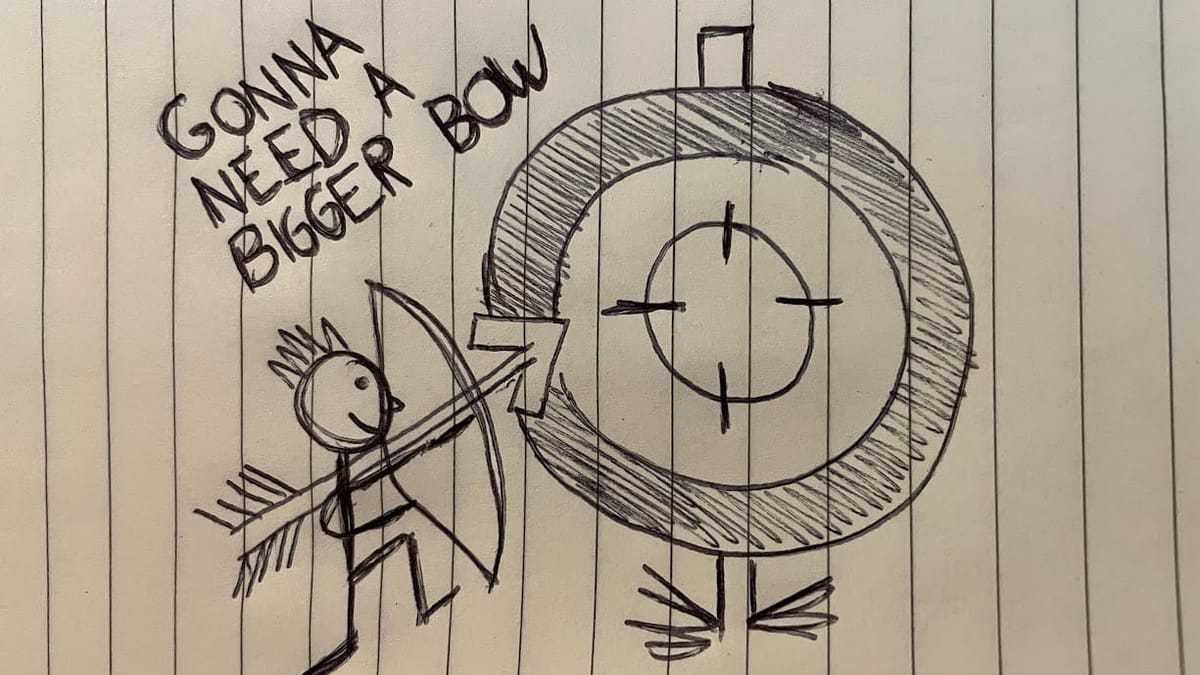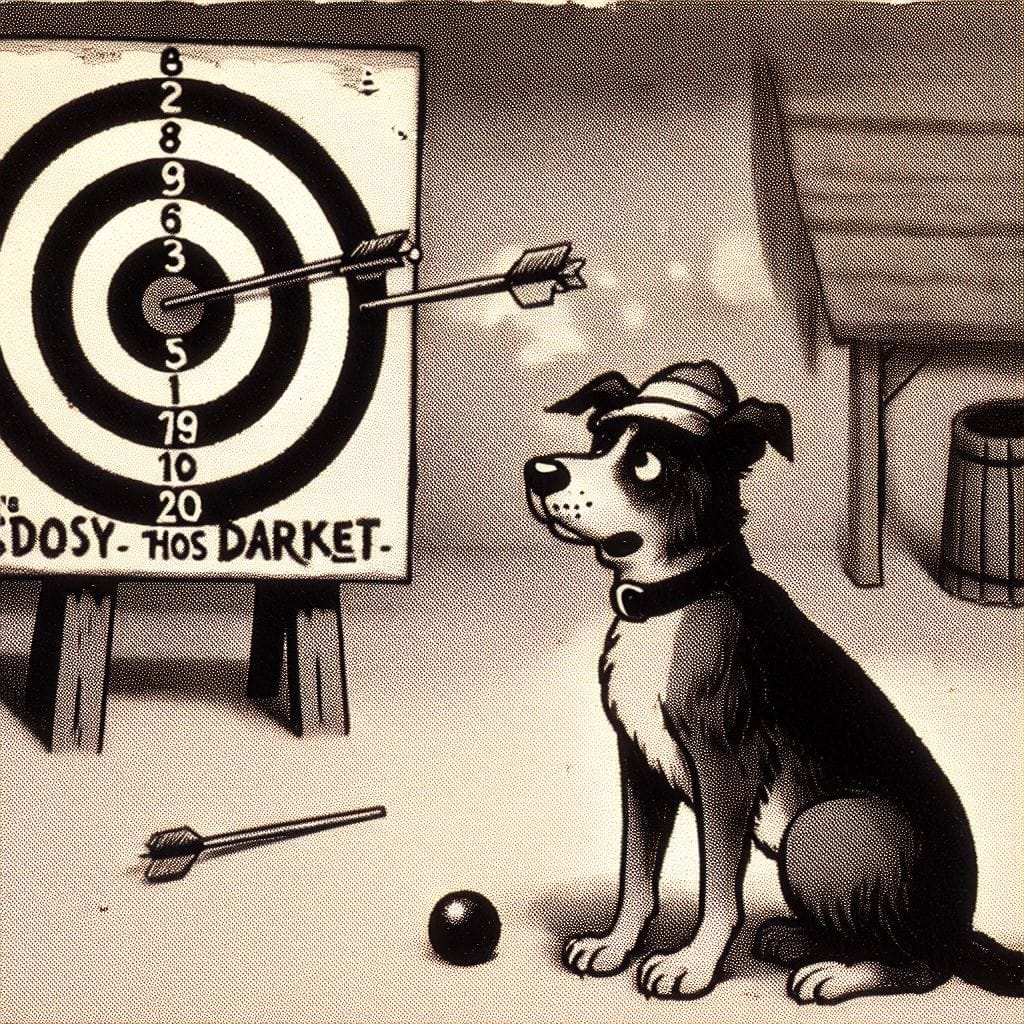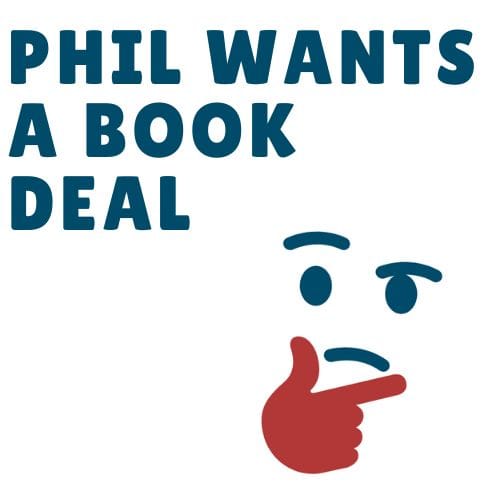Blog: Minimal Targets

Before I get going time for a quick update on the book deal search: All Good Things is still being considered by two publishers. I've had another rejection but no proper feedback, which is fine.
Writing is a lonely game. It’s one of those hobbies that require you to sit still and work on something individually, to block yourself away from the rest of the world and just get on with it. However, just getting on with it can prove incredibly difficult. How do you “just get on with it” when there's no end goal in sight? How do you “get on with it” when you've got a massive book or script or play to write and no one is asking for it?
Writing as a hobby is all about self-motivation and self-belief.
Unfortunately, neither of those are a natural trait of mine.
That's why I've always tried to keep some kind of target in mind for my writing.
For example, this week I'm panicking a little bit because I missed my weekly deadline for submitting my 'All Good Things' to a publisher. Although - thinking about it - panicking isn't the best word. Maybe ‘mildly confuddled’. Only Steven King says not to use adverbs. So ‘confuddled”.
Why am I so confuddled? The weekly deadline is easy. It’s half an hour max to write a cover letter and adapt what I’m sending to meet the publisher’s guidelines. Yet I still haven’t done it.
Of course, defining an easy target is relative.
Setting targets is difficult. Anyone who's been asked to do a performance review at work will know targets are not easy to set up, work through, or stick to. When you’re a writer, of course, you don't have a boss who's going to keep you on your toes. You don't have that external pressure, especially when you’re new to writing and you don't tell anyone.
So, how best to set a target/goal/objective?

For the first quarter of 2024, which I started in December (don't ask, it's complicated), I thought hard about the targets. What was achievable? What wasn't? I had to consider all the other things that might get in the way and stop me from writing. I decided to err on the side of caution and go for a minimum viable product.
This was because targets are good, but as I mentioned earlier, you don't want to be panicking or becoming confuddled just because you've missed an arbitrary target. In general, I'm quite good at pushing things back but not panicking, and not working late, partly because my writing is pretty poor in the evening. But there are still times when I think, "Oh, I've missed that and I wanted to do that."
So - minimum means less stress.
When setting my targets, I also had to consider the rest of my life. There's always going to be something unexpected that comes up, and it's really important to allow a little bit of flexibility for those as well as the things that you know are going to get in the way.
So - minimum takes into account life.
My targets have been lower this year. They've been easy to hit and I think I'm doing alright hitting them. Some are still hanging over me, but I'm confident I'll be able to get it done. And if not, I'll have a nice story to tell and a way to learn for the next quarter so I can figure out and tweak what's going to happen there. Next quarter I’ll have to overcome it being spring and I'll be doing lots of stuff in the garden. Maybe I should ignore the garden, but the garden is fun.
So - minimum learns for next time.
Targets shouldn't be super short-term either. Give yourself a chance to hit them! Don't try and force yourself to get something done quicker than you have to. I plan my writing targets over a quarter (three months) and I find that length of time allows me to get distracted, miss a writing session, or just have a break. I don’t worry too much - there’s always going to be another day.
Even if I do a bit of 'butterfly writing' and jump off to do a different project for a little bit, I'm hoping that over the three months, I will still be thinking and working on one particular thing. If I don't, then it's probably not for me and I need to change targets for the next quarter. It's all a learning curve and it's all something that you need to think about. It's also something you need to improve on bit by bit.
So - minimum doesn’t rush things
Writing is a lonely game. I’ve found that having targets, even if they are minimal, is a really good way of motivating me.
Although I’ve given myself a massive target in the book deal, each little target helps me stay on course. So what if I've missed this week's submission? I'll have to send it next week! I'll have to learn. And I'll have to get better each time.




